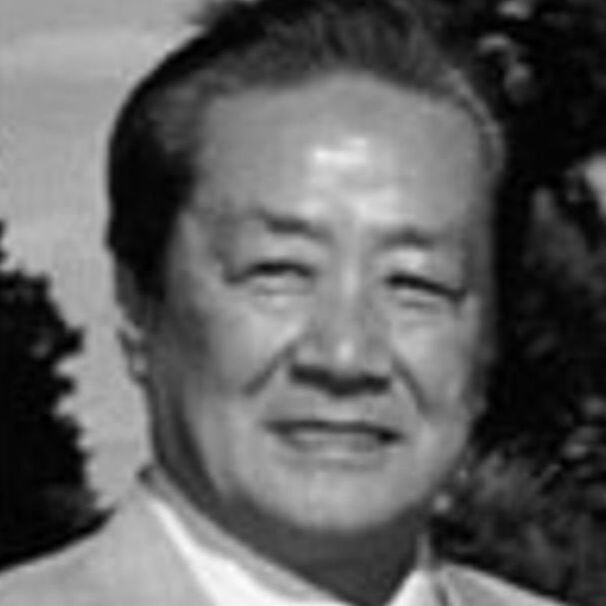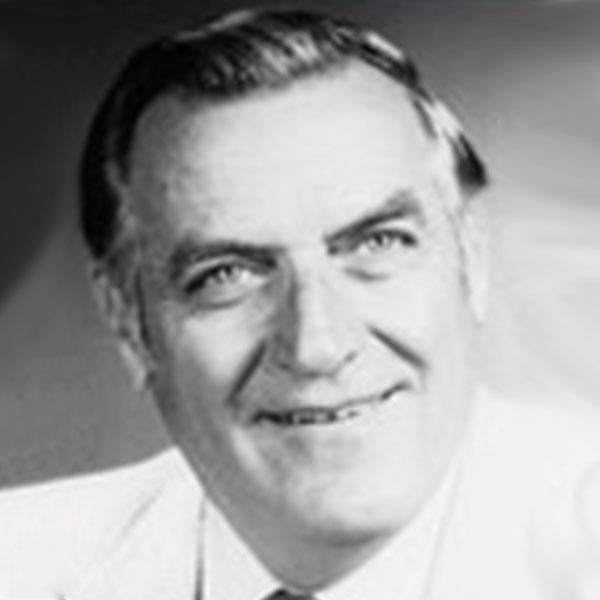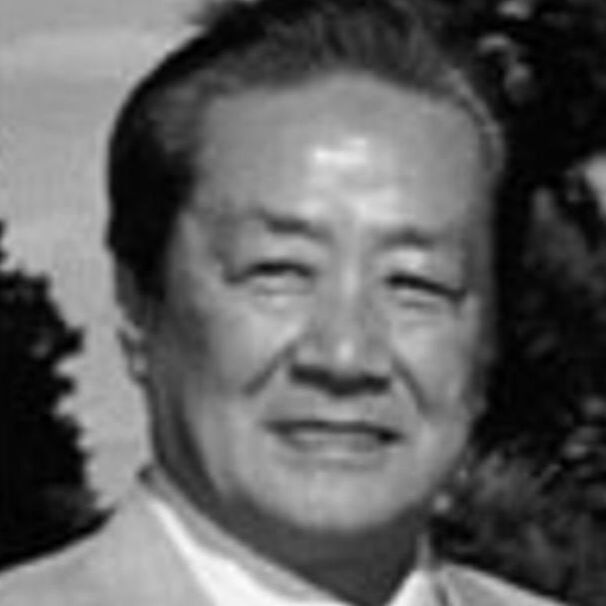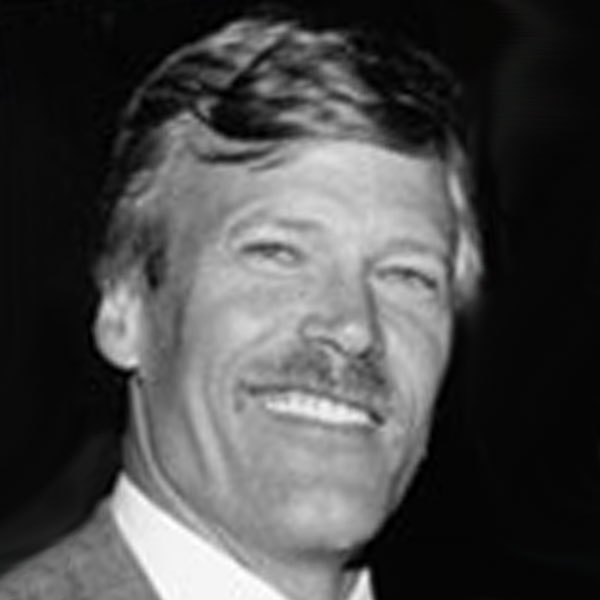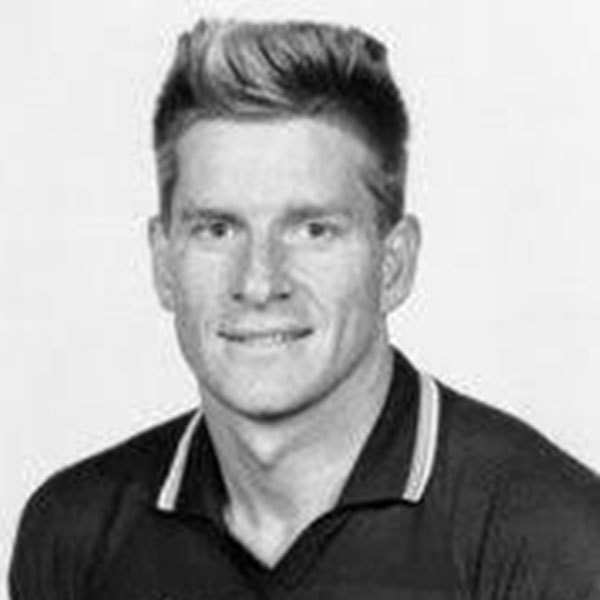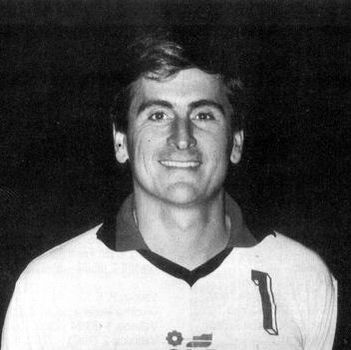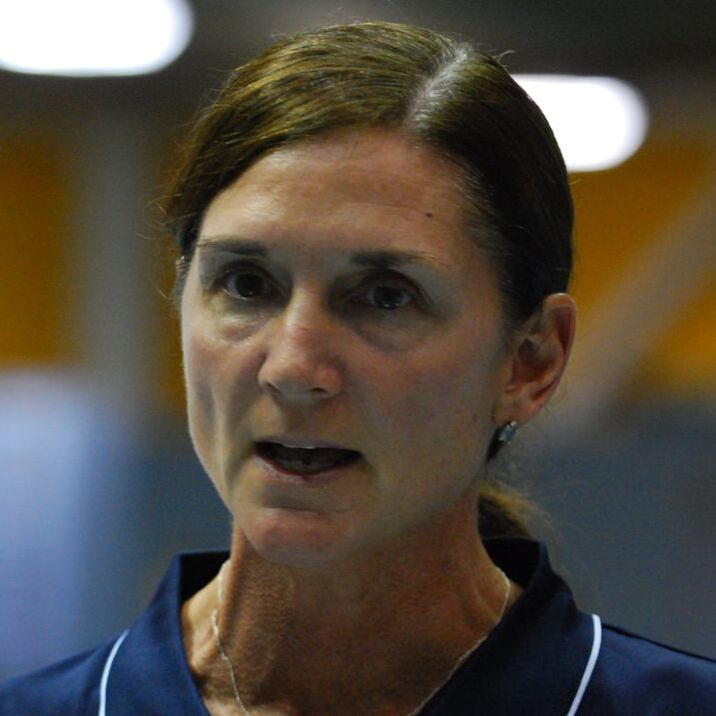BIOGRAPHY
Player, coach, innovator, strategist, administrator, leader, Yasutaka Matsudaira has been involved in every aspect of the sport of volleyball, with is greatest achievements coming during his period as a coach. The sport of volleyball had already taken Japan by storm, and was gaining such worldwide popularity that the International Olympic Committee approved it inclusion as an official sport at the XVII Olympiad scheduled in Tokyo in 1964. In those first Olympic Games for volleyball Matsudaira’s team won a Bronze Medal, and in 1968 his team won silver in the Mexico City Games. Four years later, at the 1972 Olympic Games in Munich, the team won the Gold medal and achieved Matsudaira’s dream.
Matsudaira has said that volleyball was a heaven-sent present, like an orchestra, with himself making strenuous efforts and devoting a lifetime of service to become the best conductor in the world. He saw his task as enabling the orchestra to prepare as best they could, unifying and harmonizing the unique tone quality of each different player. As such, Matsudaira was a master technician and strategist, and he revolutionized the game by devising the multiple quick attack that was so well suited to the physical build of his players. This technique, also called the “time differential attack,” was eventually fully adapted to the women’s game and has long since been copied by many aspiring coaches.
Before becoming a coach, he began as a player in 1942, playing in the nine-a-side competitions, and played for 20 years as the team’s setter. He was the captain of the Keio University team, and won a Gold Medal as captain of the Japanese Team at the Asian Games in 1961.
After his coaching days, he continued his involvement in volleyball through the Japan Volleyball Association, the Asian Volleyball Association, and the Federation Internationale de Volleyball. He was a member of the FIVB Coaches Commission from 1969 to 1983, and conducted the first FIVB international coaches course in 1971. With the Japan Volleyball Association, he was chairman of the Committee for the Strengthening of Men Players. In addition to serving on the FIVB Coaches’ Commission, he was the FIVB’s Executive Vice President from 1983 to 1994, and the first Vice President from 1994 to 1996.
Matsudaira has held many positions within the JVA, serving as President from 1989 to 1995, Vice President from 1987 to 1989, Managing Director from 1979 to 1989 and Board Member from 1961 to 1972. He also served on the Japanese Olympic Committee, as the Chairman of the Solidarity Committee from 1983 to 1989, Chairman of the Competitiveness Development Committee from 1991 to 1995, Vice President from 1995 to 1996, and was made an Honorary Member in 1997.
Matsudaira has said that volleyball was a heaven-sent present, like an orchestra, with himself making strenuous efforts and devoting a lifetime of service to become the best conductor in the world. He saw his task as enabling the orchestra to prepare as best they could, unifying and harmonizing the unique tone quality of each different player. As such, Matsudaira was a master technician and strategist, and he revolutionized the game by devising the multiple quick attack that was so well suited to the physical build of his players. This technique, also called the “time differential attack,” was eventually fully adapted to the women’s game and has long since been copied by many aspiring coaches.
Before becoming a coach, he began as a player in 1942, playing in the nine-a-side competitions, and played for 20 years as the team’s setter. He was the captain of the Keio University team, and won a Gold Medal as captain of the Japanese Team at the Asian Games in 1961.
After his coaching days, he continued his involvement in volleyball through the Japan Volleyball Association, the Asian Volleyball Association, and the Federation Internationale de Volleyball. He was a member of the FIVB Coaches Commission from 1969 to 1983, and conducted the first FIVB international coaches course in 1971. With the Japan Volleyball Association, he was chairman of the Committee for the Strengthening of Men Players. In addition to serving on the FIVB Coaches’ Commission, he was the FIVB’s Executive Vice President from 1983 to 1994, and the first Vice President from 1994 to 1996.
Matsudaira has held many positions within the JVA, serving as President from 1989 to 1995, Vice President from 1987 to 1989, Managing Director from 1979 to 1989 and Board Member from 1961 to 1972. He also served on the Japanese Olympic Committee, as the Chairman of the Solidarity Committee from 1983 to 1989, Chairman of the Competitiveness Development Committee from 1991 to 1995, Vice President from 1995 to 1996, and was made an Honorary Member in 1997.
CLASS OF 1998
|
|
|
|

